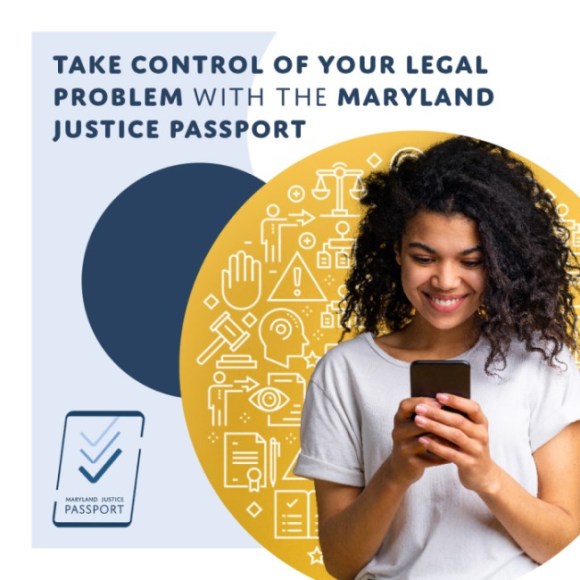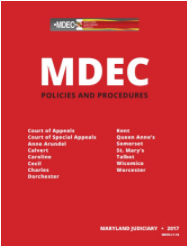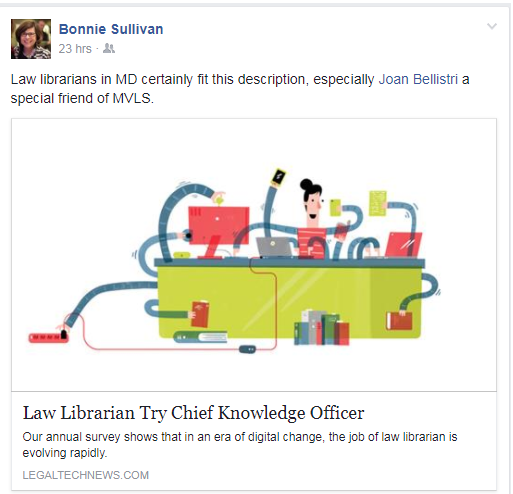Have you ever experienced a sinking feeling when the word Blockchain comes up in a news report or a conversation–unsure exactly what it is, let alone what implications it might have for you? There’s an refreshingly clear analogy for Blockchain in an article by Di Graski and Paul Embley titled “When Might Blockchain Appear in Your Court?” featured in the new issue of Trends in State Courts 2018.
“Before paper ledgers, medieval Europeans used tally sticks to record transactions by notching a piece of wood with marks to signify the amount of a transaction, and then splitting the wood lengthwise, with each party taking half. Neither party could change the value by adding more notches because corresponding notches would be missing from the other party’s stick. No central authority was required to validate the transaction because the uniqueness of the stick’s natural wood grain ensured that only the two original pieces would align perfectly when reunited,” say Graski and Embrey.
Key here is the idea that the tally sticks require no central authority. The same goes for Blockchain which uses cryptography to achieve similar autonomy with no central data bank and no ledger-keeper. From this set-up emerge applications such as “smart contracts”, i.e. contracts which activate a remedy, such as a transfer of funds to the violated party, automatically in response to an embedded “If/Then” facility.
Hmn . . . On second thought, this explanation may not be as clear as I hoped. If that’s the case, please check out the Trends in State Courts 2018 in the periodicals section at the law library. Smart contracts are already on their way to a court near you.
Also . . .
Maryland’s own Pamela Cardullo Ortiz is the author of “Developing a Research Agenda for Access to Justice” also in the current issue of Trends. “What factors affect the quality of judicial decisions?” she asks, then proposes a response based on research from Harvard and Stanford, and design thinking techniques borrowed from technology industry start-ups. Broad-based teams, strategic data collection, and decisions grounded in social context are key to her recommendations.
Pamela is Director, Access to Justice Department, Maryland Administrative Office of the Courts. She is the recipient of the 2015 Benjamin L Cardin Distinguished Service Award. Yes, she’s that Pamela Ortiz who fronts the Pamela Ortiz Band that rocks Chestertown!
Trends in State Courts is a peer-reviewed journal, published once a year. You can access its monthly online edition here: http://www.ncsc.org/trends.


 Security Planner
Security Planner The Judiciary’s August newsletter included an article on recent updates to the
The Judiciary’s August newsletter included an article on recent updates to the 

 attorney with MVLS. The couple was able to talk with Ellyn face-to-face using a webcam with Google Hangouts. Ellyn was able to review their documents and advise. Their first language is Korean so we were able to use the Language Line so that language would not be a barrier to getting the help needed. The couple was very happy with the attention and help. The remote access MVLS Brief Legal Advice Foreclosure Clinic will continue on the 3rd Wednesday in the law library from 11:00 a.m. to 1:00 p.m. More information can be found here:
attorney with MVLS. The couple was able to talk with Ellyn face-to-face using a webcam with Google Hangouts. Ellyn was able to review their documents and advise. Their first language is Korean so we were able to use the Language Line so that language would not be a barrier to getting the help needed. The couple was very happy with the attention and help. The remote access MVLS Brief Legal Advice Foreclosure Clinic will continue on the 3rd Wednesday in the law library from 11:00 a.m. to 1:00 p.m. More information can be found here:  The law library along with other public spaces in the court like the Jury Office now has WIFI. After waiting for years, it is exciting that we can now answer the question – “do you have WIFI?” – with a “YES.”
The law library along with other public spaces in the court like the Jury Office now has WIFI. After waiting for years, it is exciting that we can now answer the question – “do you have WIFI?” – with a “YES.”